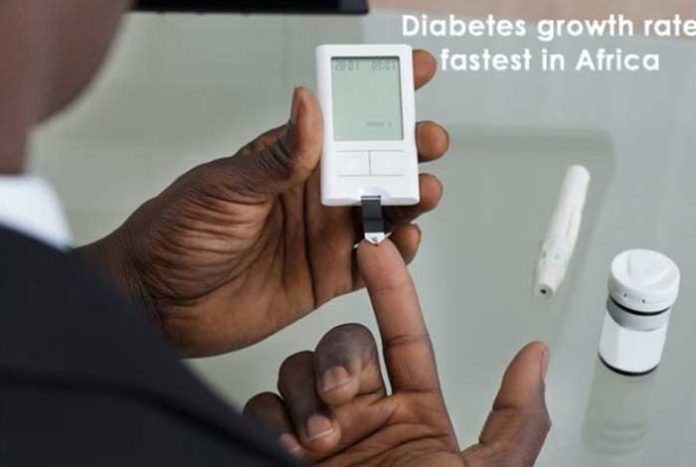
Experts warned that cases of diabetes and obesity are on the rise. According to a study in Africa on obesity and diabetes, South Africa (SA) and Egypt are worst affected. Study author, Professor Andre Kengne said that cases of diabetes and weight gain have drastically risen between 1980 to 2014. The epidemic of diabetes is growing fastest in Africa. SA diabetes prevention project started when the diabetes growth rate became faster than what could be controlled. The research includes 400 people from seven Cape Town cities, who were a part of the project.
Kengne said that diabetes is an adult condition. But, this is not the case these days. Presently, children are also getting affected by it. Many people are not even aware that they have diabetes. In fact, diabetes is overtaking other diseases like HIV and malaria as a leading cause of death.
Study co-author, Justine Davies, King’s College, London, said that most people are dying of type 1 diabetes as it is not getting diagnosed and treated. If type 1 diabetes is left untreated, it may be life-threatening and can even cause death. Not enough research has been conducted, and a lot is still under the wraps as far as genetics of type 1 diabetes in Sub Saharan region is concerned.
These days, injections are not used for insulin delivery. People, who can afford are using insulin pens and pumps instead of syringes. Genetics may not be able to predict diabetes, but weight gain does signify danger.
In an African study, which collected data from 1-2 million people, showed a positive correlation between body mass index (BMI) and diabetes. From 1980 to 2014, BMI has gone up subjecting half of SA women in the category of being obese (BMI 29 indicates obesity) and half of the men in the group of overweight (BMI 25 shows overweight).
Diabetes research is still in its early stages in lower-income countries. People want a cure for their disease. They use technology like smartphones for screenings and follow-ups. With diabetes, you may not be able to know the consequences for as long as 10-20 years. We must urge people to actively monitor their condition.










